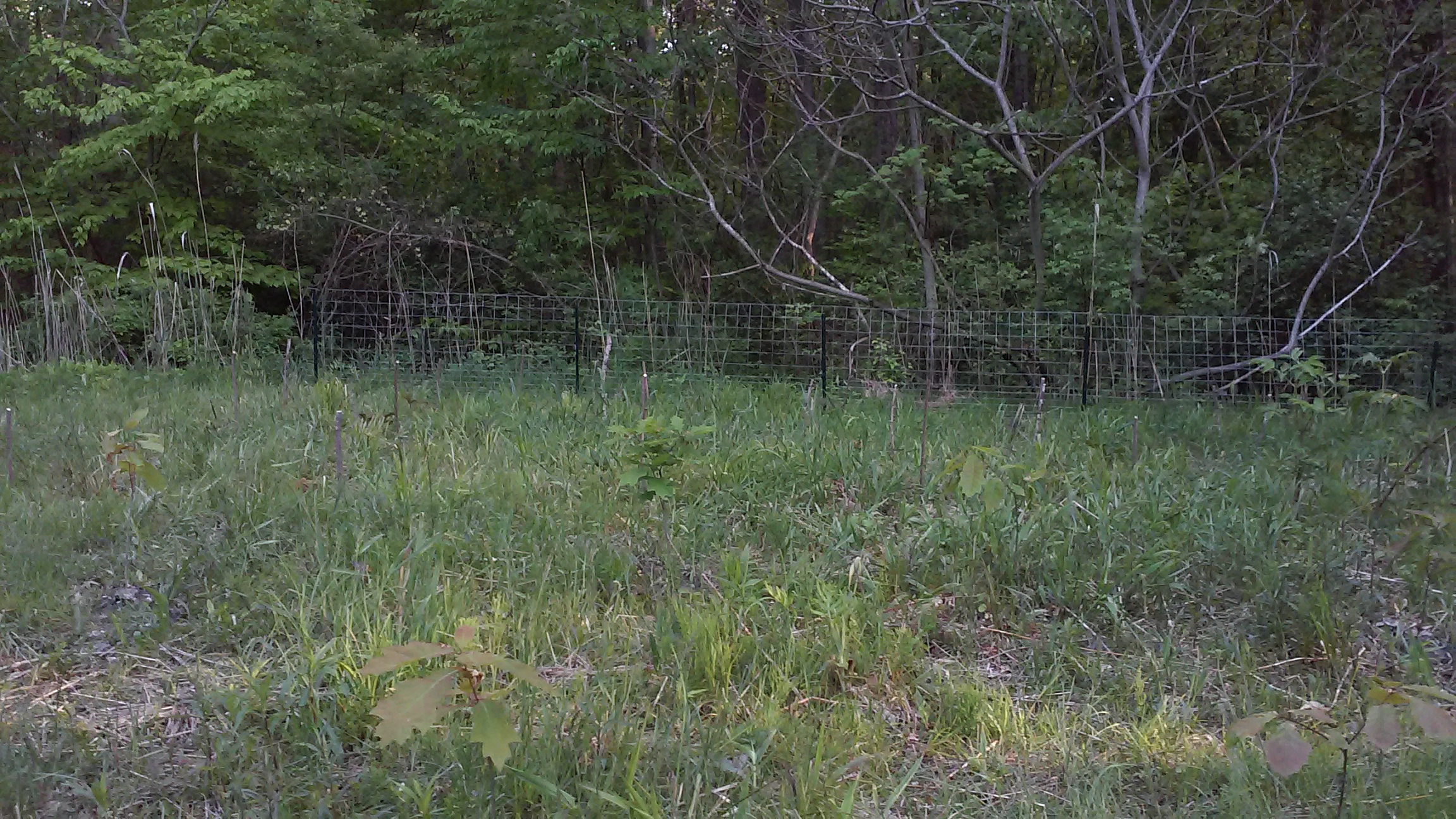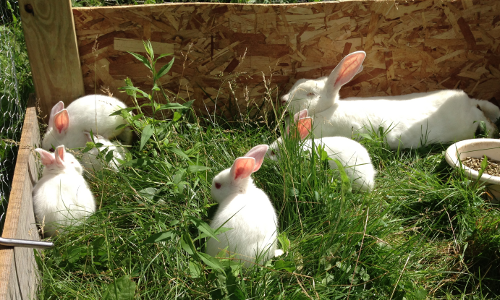Welcome to the Western Reserve Eco-Network! We are a grassroots non-profit organization dedicated to the goals of:
Promoting and developing sustainable communities
Educating and outreach about environmental issues and egalitarian principles
Developing and experimenting with sustainable technologies
Studying and implementing biological processes to improve sustainability
Operating under egalitarian and sustainable principles
We have three major projects currently under development: The Euclid Tree Planting Project, the Madison Tree Nursery, and the Western Reserve Eco-Village.
WREN is a proud member of the Cleveland Tree Coalition, a group of non-profits, government, and business working towards the goal of reforesting Cleveland.
Thanks to the support of our members and friends, WREN purchased trees to be planted in Euclid, OH by students attending Euclid High School. Unfortunately, the students were not able to plant the trees due to the outbreak of Covid-19, but the trees will be getting planted under the leadership of WREN's president James Stuart Koch.
A big thank you goes out to our financial supporters in this project:
Some of the trees slated to be planted were raised in the Madison Tree Nursery.
WREN runs a small tree nursery on private land in Madison, OH. The trees grown here will become a discount source of trees for non-profits, governments, and private landowners in the city of Cleveland. WREN is looking into expanding our tree nursery efforts into Cleveland proper, to make use of currently vacant land in the larger-scale effort to reduce carbon in the atmosphere.

The tree nursery operations provide several benefits:
The Western Reserve Ecovillage (WREV) is working towards becoming an egalitarian ecovillage and intentional community designed to promote ecologically responsible living and a socially just culture. With a location in northeast Ohio, WREV seeks to make a community that can serve as a center of learning about equality and sustainability for the world, as well as be a living model of a better society by practicing different forms of egalitarian culture and sustainable lifestyles.

WREV seeks diversity in our membership and lifestyles, and has designed an income-sharing community model, as well as ecological and social covenants that our members live by. WREV will have a consensus-based decision-making process that allows every member to have a voice, and a democratic management process that will allow us to partition and delegate work to the people who are best suited to it.